Dozens of regimes around the world are anti-liberal—autocratic to varying degrees—but also big fans of a "rules-based" international order, which for the past 50 years or so has been a neoliberal economic order. Not a coincidence. The reason an...


Dozens of regimes around the world are anti-liberal—autocratic to varying degrees—but also big fans of a "rules-based" international order, which for the past 50 years or so has been a neoliberal economic order. Not a coincidence. The reason an...

This piece is the first of a three-part series grappling with the role of political economy in making a just, sustainable international order. hat’s America’s story for how...
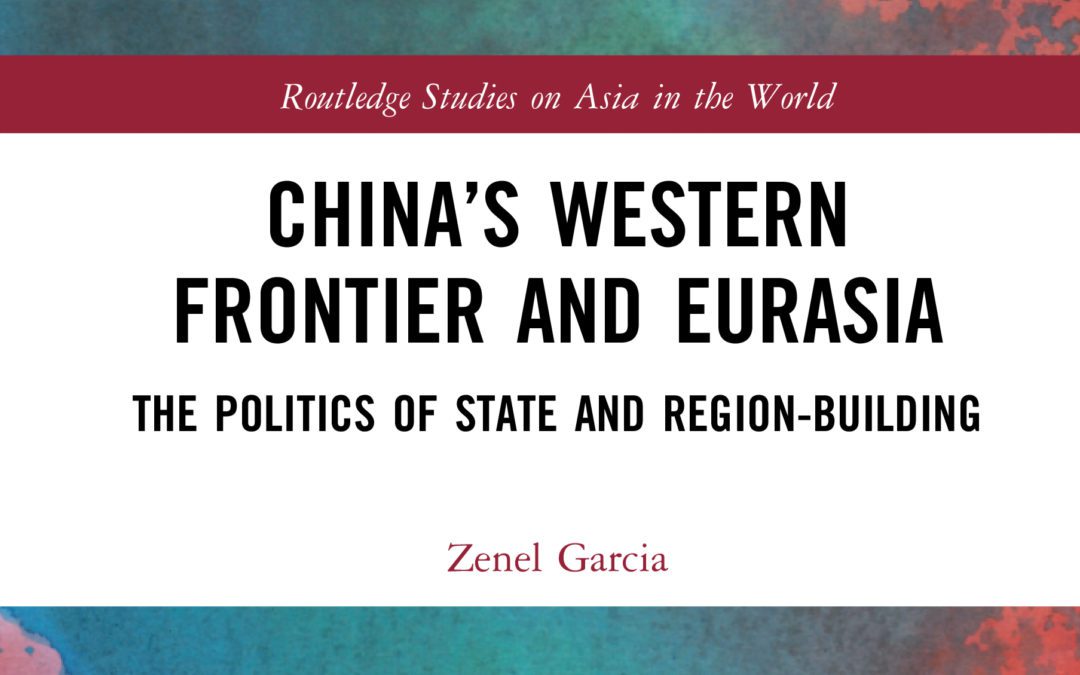
The Belt and Road Initiative (BRI) originated in provincial-level efforts that sought to simultaneously integrate interior and frontier provinces to the rest of China as well as neighboring countries during the 1990s.

The Biden administration just issued the government’s first ever anti-corruption strategy. The upshot: It’s needed. It’s analytically informed. It raises the prioritization of...
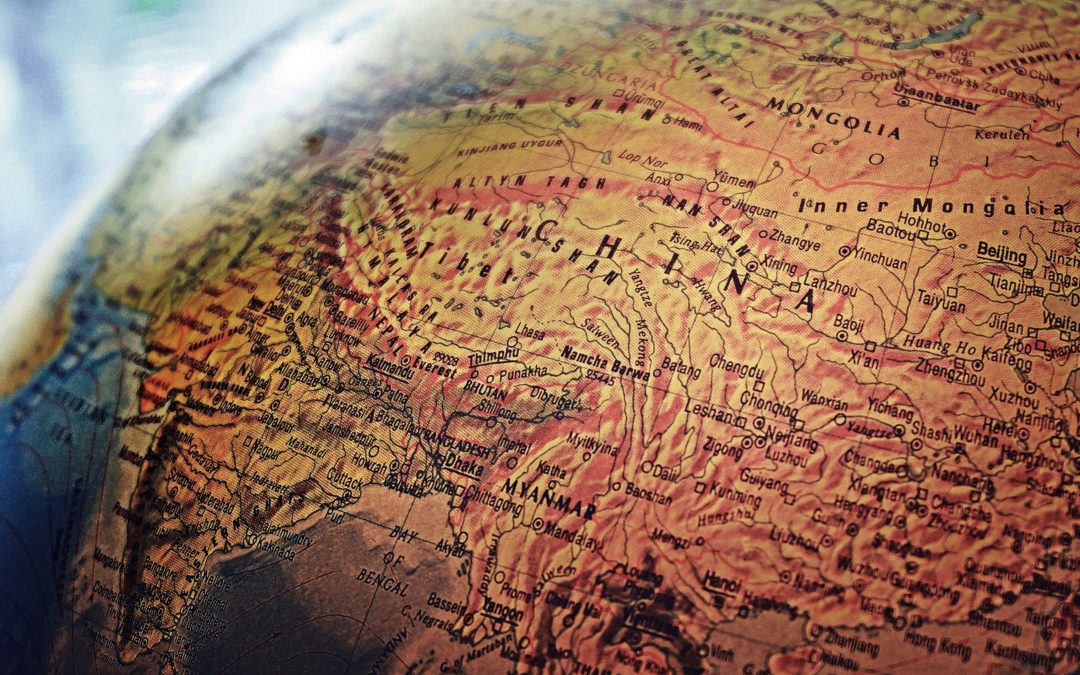
Does China's more ambitious foreign policy and bid for "national rejuvenation" come at America's expense? It's a question where some neoliberals and some on the anti-imperialist left converge — in opposition to Washington conventional wisdom. Most of the D.C. Establishment now takes for granted that, obviously, China seeks to displace the United States, in Asia and the world. The Sinologist community is divided on the question. The neoliberal view of China that prevailed from roughly the Tiananmen Square massacre to the 2008 Great Recession sought to make China a "responsible stakeholder" in...

Fast fashion is generating more than just cheap clothing: it’s also a crisis of disposability affecting livelihoods in the Global South.
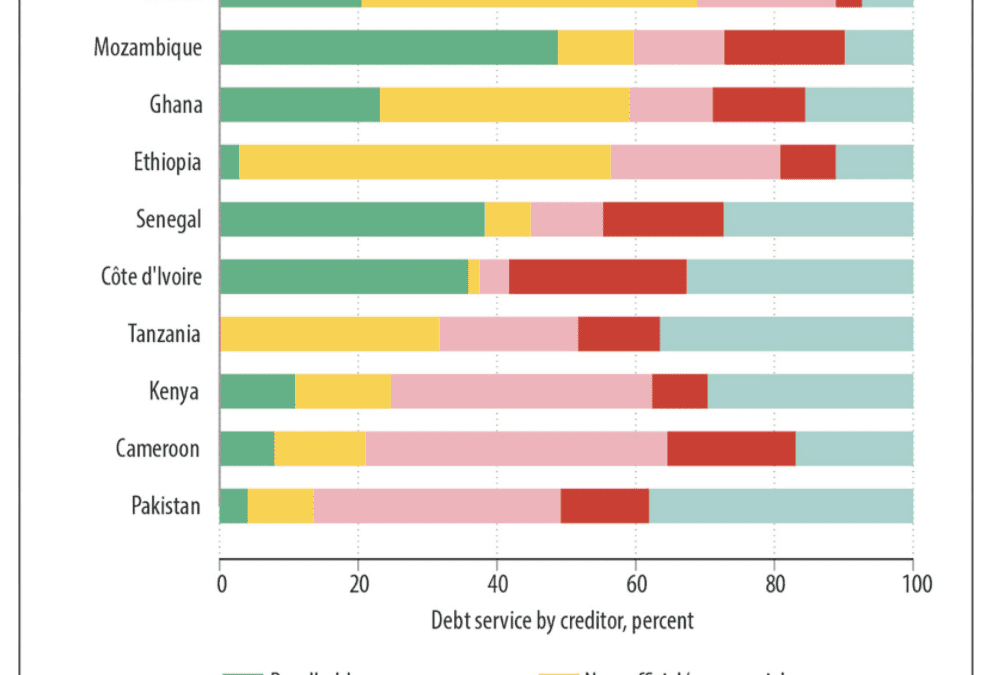
As access to vaccines continues to hamper developing countries’ response to the COVID-19 pandemic, many of these countries also face significant public debt burdens. The Debt Service Suspension Initiative (DSSI), intended to ease pandemic-related burdens on low and middle income countries, expires at the end of 2021. The DSSI saved 43 countries $5.7 billion in total, paling in comparison to their overall debt levels. Last month, the Group of 20 (G-20) central bank heads and finance ministers offered a broader plan, the Common Framework, for restructuring debt to official creditors. They...
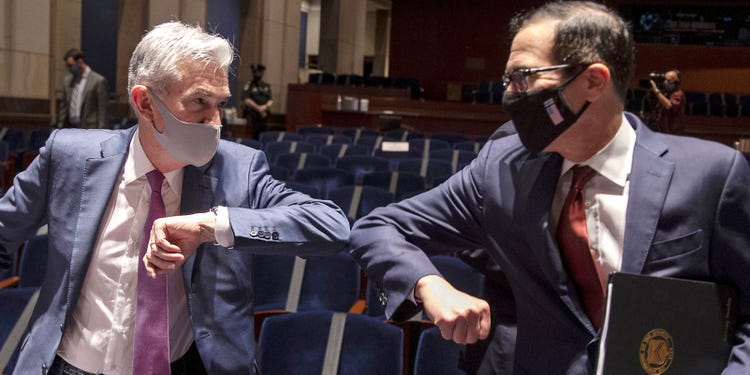
This is a guest post from Walter James, a PhD candidate in the Department of Political Science at Temple University with an interest in comparative political economy of financial regulation. The Federal Reserve has stood as a bulwark between COVID-19 and another Great Depression in the United States. But it must tread carefully to maintain its reputation and legitimacy once the crisis passes. Since COVID’s arrival in the United States, the Fed has acted with unprecedented speed by cutting its federal funds rate to close to 0%, purchasing massive amounts of securities, providing dollar...
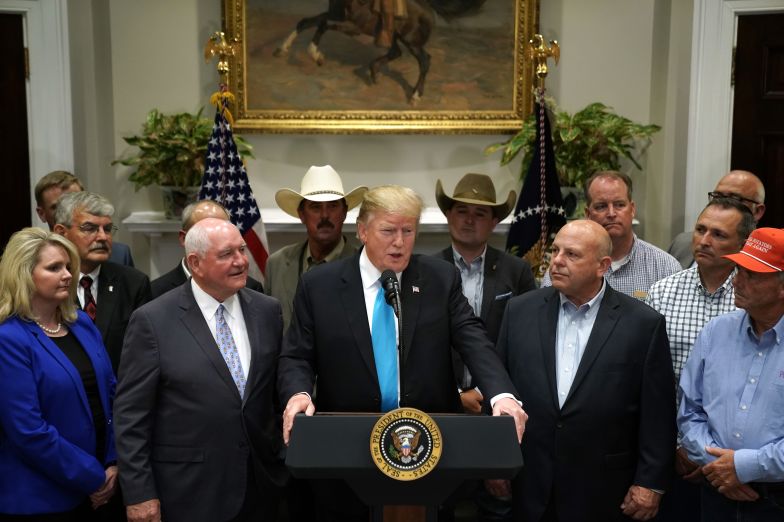
This is a guest post from Shana Gadarian and Dan McDowell, both Associate Professors at the Maxwell School at Syracuse University. Earlier this month, after Chinese authorities reportedly backtracked on a set of economic reform promises as part of ongoing trade discussions, President Trump announced that existing tariffs on $200 billion of Chinese goods would increase from 10% to 25%. China responded with new tariff hikes of its own on American products. The costs of the escalating trade war are most acute in rural areas where Trump has enjoyed strong political support. While it is possible...
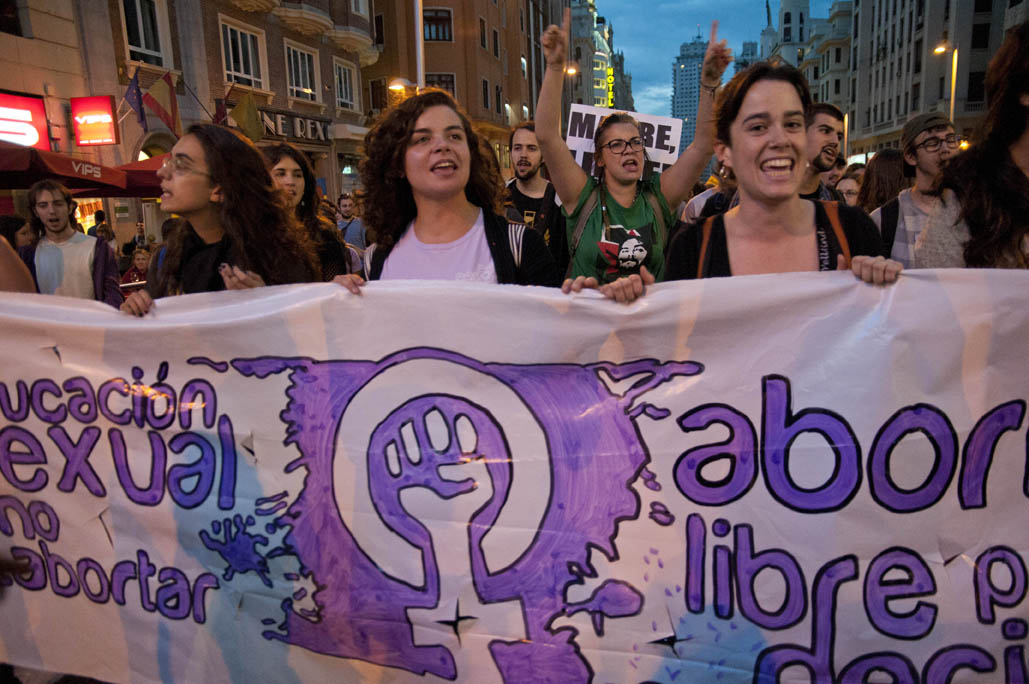
As we prepare to celebrate International Women’s Day on March 8th, Spanish women are getting their banners, pickets and hashtags - #yoparo (#Istop) - ready for a feminist general strike. The strike’s motto is “If we stop, the world stops” and it calls for all women to stop all professional activities during the day, all household chores and to restrain from buying anything and spending any money at all. There will also be marches at the end of the day in Spain’s main cities. The women associations who are organising the industrial action indicate that the strike is motivated by the fact that...
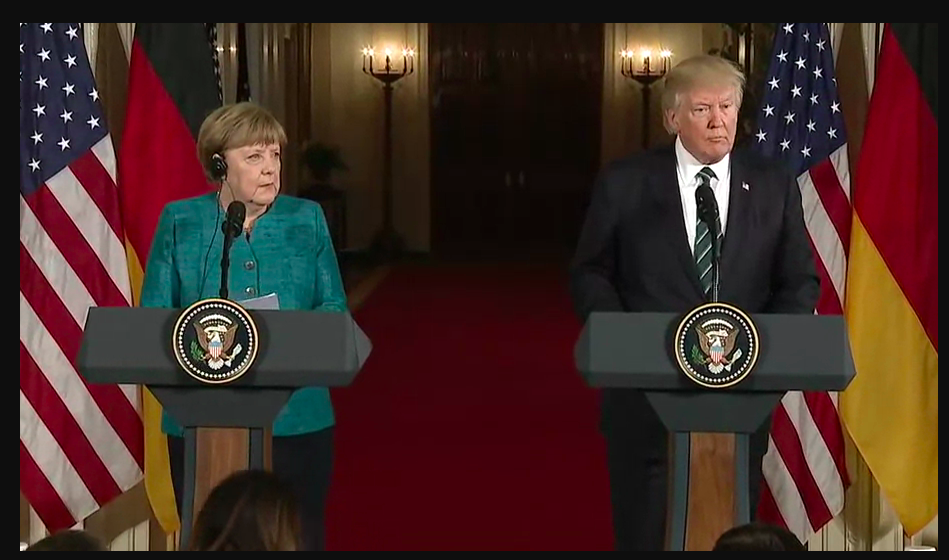
2017 was not a great year for international politics. The sentence I heard the most during conferences and other academic gatherings was that “the global order is in crisis.” Granted. It all started in 2016 with the victory of Trump, Brexit and the No to the Peace Agreement in Colombia. Nationalist ideologies have nothing but grown in 2017, when the victories of Marine Le Pen in France and of Geert Wilders in the Netherlands all of a sudden seemed plausible. Luckily, they did not materialise. We also had auto-proclaimed nations that demanded independence, such as Catalonia or Kurdistan. To...

Earlier this year, I wrote a piece for Duck regarding “declinist” arguments about liberal world order under Trump. I don’t think these arguments are going away, and in fact—just this week—they are in the news, and on our blog/twitter feeds (including a great piece posted just last week here on Duck). I want to reiterate, and elaborate on some earlier points I have raised about these kinds of arguments. In the first place, they deserve reiterating and elaborating. In the second place, I just got back earlier this week from an illuminating conference at University College Dublin called “John...